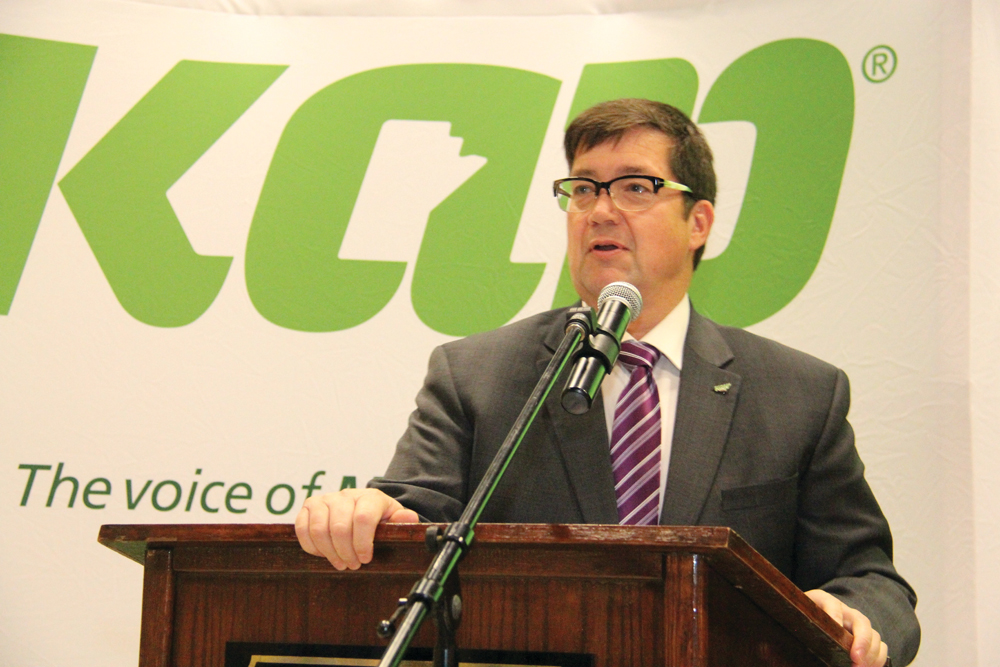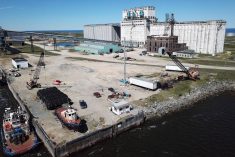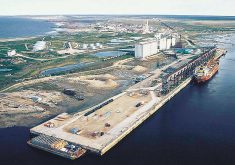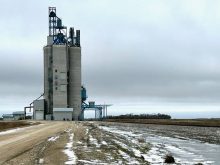If all goes according to plan, western Canadian farm leaders are finally going to get a chance to bend Marc Garneau’s ear.
They’ve long been seeking a face to face with the federal transport minister, to tell him what changes they’d like to see to grain transportation under the Canada Transportation Act.
KAP’s Dan Mazier is part of a delegation that was scheduled to meet Garneau for 90 minutes in Saskatoon on Oct. 20.
Read Also
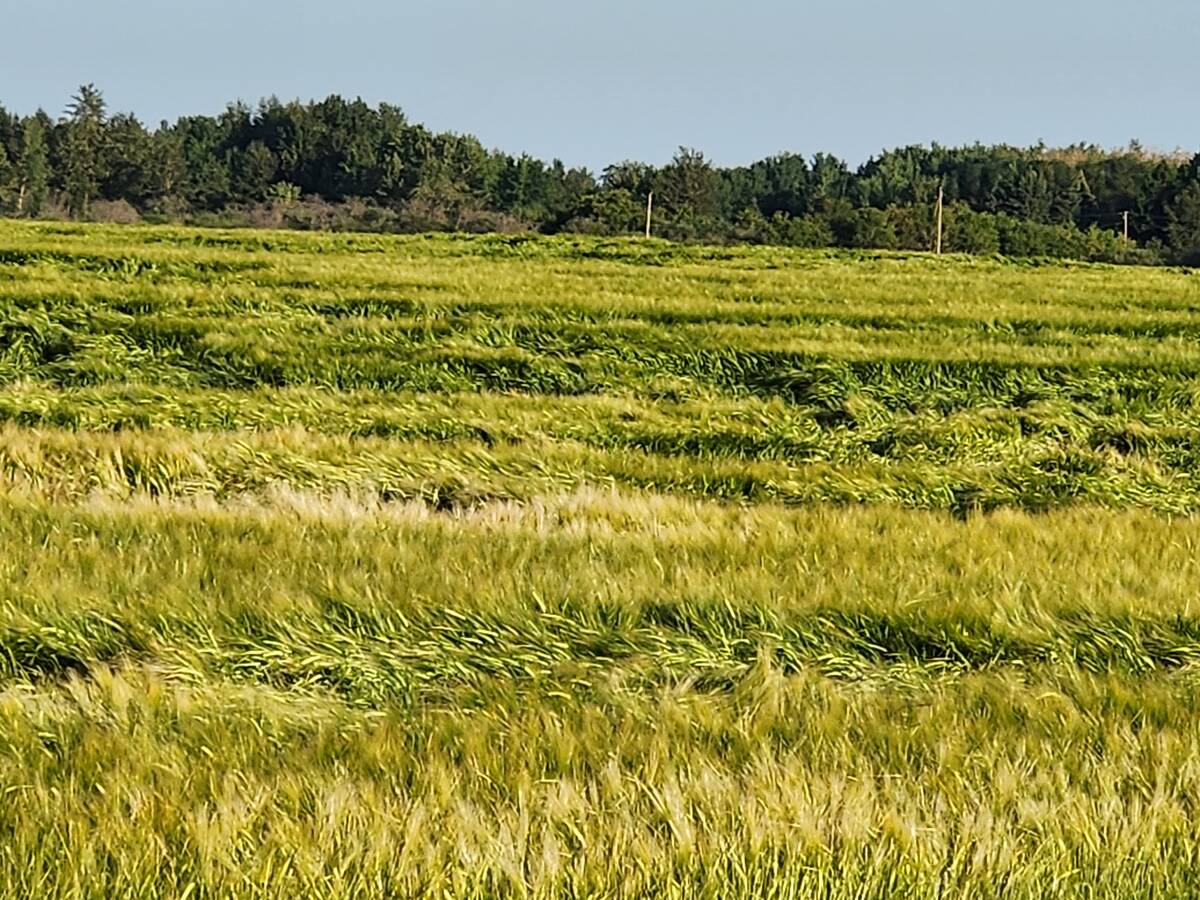
Cereal lodging isn’t just a nitrogen problem
Lack of copper in the soil can also lead wheat and other cereal crops to lodge during wet seasons on the Canadian Prairies.
The maximum revenue entitlement (MRE), also known as the rail revenue cap, must stay, Mazier said in an interview Oct. 13. And he emphasized it’s not a cap.
“It is in the entitlement that increases with the more grain that is hauled,” Mazier said.
“It ensures that the railways get paid a fair rate of return to haul grain.
“But on the flip side they can’t increase those rates too quickly so it takes the whipsaw effect out of it.”
Introduced in 2000, the MRE allows the railways to charge whatever they want to transport grain, which can encourage efficiency, so long as total annual revenues from grain hauling do not exceed a maximum amount based on a formula.
However, a number of farm groups including KAP, wants railway grain-shipping costs reviewed, to ensure the formula accurately reflects current railway costs. While the MRE is adjusted to cover increasing railway costs, it hasn’t been adjusted in almost 20 years to reflect increased railway efficiency.
The Emerson report, commissioned by the previous federal government and chaired by former federal cabinet minister David Emerson, as part of the Canada Transportation Act review, recommends phasing out the MRE.
Farmers will also recommend maintaining extended interswitching to 160 km, up from the previous 30-km limit. Interswitching allows a railway within the prescribed interchange to compete to move grain situated on a competitor’s rail line.
“Farmer logic is if you’ve got competition and they are moving more grain through other corridors it makes sense that it should show up in the bid prices for our grain, but we can’t prove that,” Mazier said.
Western Grain Elevators Association (WGEA) executive director Wade Sobkowich has said interswitching, and even the threat of it, has improved rail service and freight rates.
The WGEA is pushing for regulations forcing the railways to engage in level-of-service agreements with grain companies and mediation where they fail to do so.
Farmers also want grain companies to get better rail service, Mazier said.
“When you order a car you should get a car,” he said. “That’s a business transaction.”
KAP also wants the Canada Transportation Act to ensure data is collected so grain handling and transportation performance can be measured.
“If the railways are going to do business in Canada in a monopoly (situation) they need to be accountable to Canadians for performing,” Mazier said. “That would be a huge step forward and that doesn’t cost government anything.”
Mazier and other farm leaders were pleased that Garneau agreed earlier this year to further consultations on amendments to the Canada Transportation Act. However, they were shocked and disappointed when it was announced consultations would end Sept. 15 without a face-to-face meeting.
KAP, the Agricultural Producers of Saskatchewan (APAS) and other grain industry officials, including the Western Grain Elevators Association (WGEA), met with Agriculture Minister Lawrence MacAulay in Winnipeg July 18.
APAS met with MacAulay and senior Saskatchewan Liberal MP Ralph Goodale in Regina Aug. 18.
Sixteen people from varying industries, including a CP Rail official and four from the grain sector, met Garneau in Winnipeg July 21 in what was supposed to be his last consultation meeting.
“It was those specific commodities, it wasn’t agricultural producers’ views (represented), and that is why we are so strongly advocating to get in front of the minister to tell him ‘here is how this is going to impact farmers… here are the things that we need changed,’” Mazier said in an interview in July.


